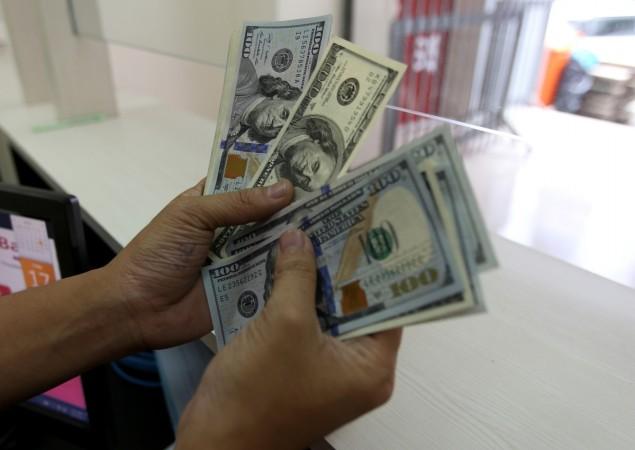The financial crisis that took hold of Lebanon in 2019 is far from loosening its grip. The hostage standoff in Beirut Bank on Thursday has shown how the common people are still reeling under the country's deep financial crisis. The gunman who took hostages in Beirut Bank hadn't planned a heist, whereas he wanted his own money.
The six-hour hostage standoff ended after the bank agreed to unfreeze part of his savings and with zero casualties. The gunman, identified as Bassam al-Sheikh Hussein, 42, threatened to kill the hostages if the bank didn't allow him to withdraw his deposits worth $209,000, which he desperately needed for his father's medical treatment. After several hours of negotiations, the bank agreed to unfreeze $30,000 from his savings, to which Hussein agreed. He then released the hostages and surrendered to law enforcement.

Due to Lebanon's financial crisis, the country's banks have placed heavy restrictions on the withdrawal of funds. For most, there's a cap of as little as $200 a month, which can be withdrawn. Since most goods and services are sold at US dollar values, instead of the local currency known as lollars, there's demand for the currency and scarcity of the same.
"Even the most basic things in life like bread are out of the reach of many," said a local baker, according to the Guardian.
This has left more than three-quarters of the country's population struggling. While the banks say exceptions are made based on humanitarian grounds like hospital care, locals say those requests are rarely approved.
Gunman gains empathy
It was probably due to this reason that despite the tense hostage situation, people were chanting "down with the rule of the banks" outside the Federal Bank of Lebanon branch in Beirut. In the crowd gathered outside the bank, one man was heard yelling "We are depositors and we want our money! We are with him, we're even ready to help him!"
There were many bystanders who emphatised the gunman and slammed the banks and the administration.

"He's not even a real robber," said Ghassan Moula, in the street next to the bank. "He's only asking for what is his. Our dear leaders sent all their billions to Swiss banks with the help of the central bank, and we're all left to suffer. All of Lebanon wants to do this."
"He wants to live, he wants to pay his electricity bill, feed his kids and treat his father in the hospital," Hassan Mughnieh, the head of Lebanon's Depositors Association, told Reuters.
"After three years of neglect, if you want people to take their rights into their own hands, you have to bear the consequences of your actions. He will not hand over his weapon until he gets his deposits," Mughnieh added.
By holding the bank to ransom, Hussein emerged as an unlikely hero as Guardian reported. The reason for this is mainly that people could emphasise with him. "
"No one will say he did the wrong thing," said Ahmad Yatoum, another bystander. "Desperate people do desperate things. We are all like him, even the soldiers and the riot police liked him."







!['Lip lock, pressure, pyaar': Vidya Balan- Pratik Gandhi shine in non-judgmental infidelity romcom Do Aur Do Pyaar [ Review]](https://data1.ibtimes.co.in/en/full/797104/lip-lock-pressure-pyaar-vidya-balan-pratik-gandhi-shine-non-judgmental-infidelity-romcom.jpg?w=220&h=138)








